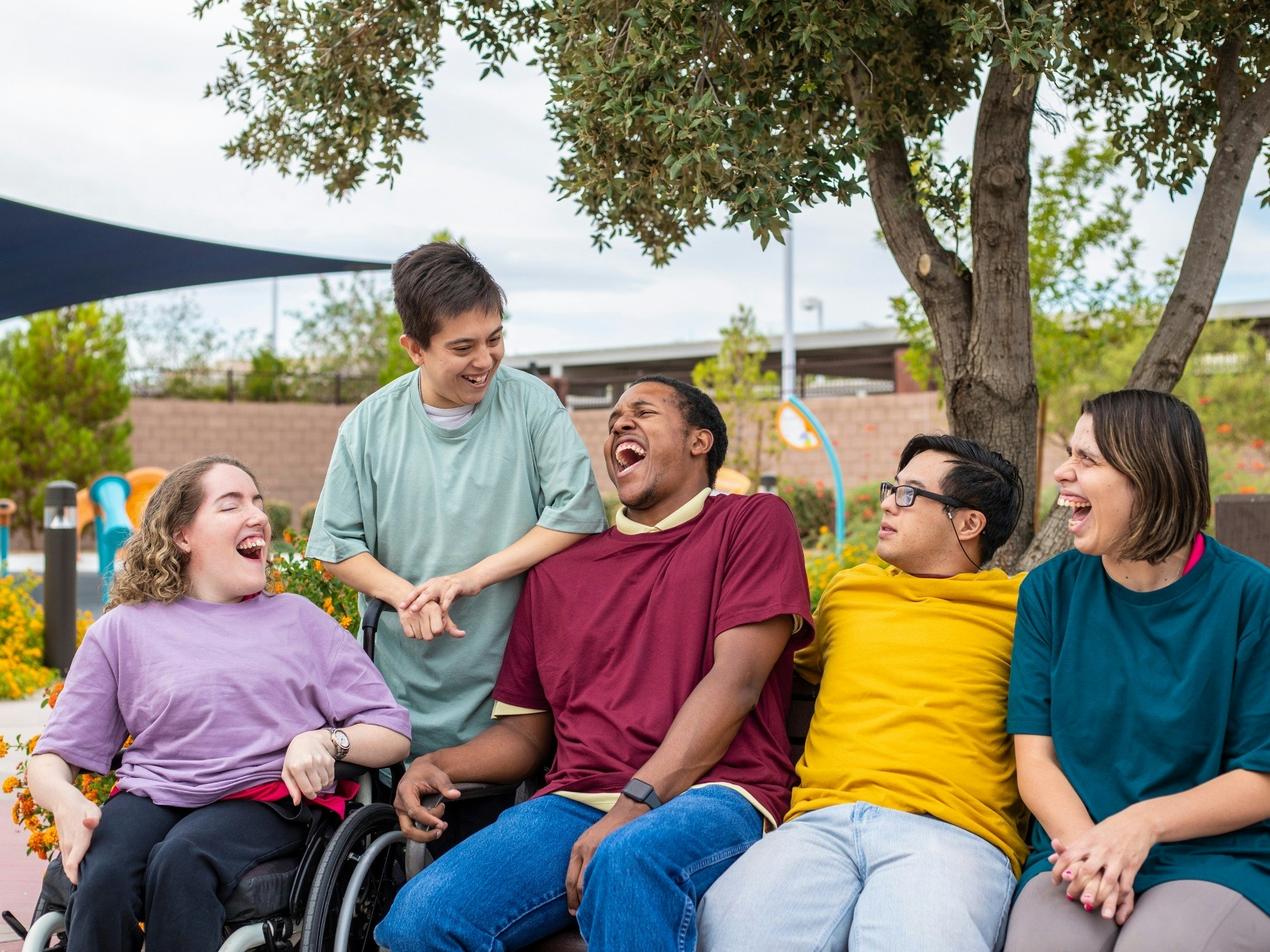Visibility and inclusion an essential safeguard for people with disability

The visibility of people with disability in the community is key to ensuring they are not subjected to abuse and neglect and that when they are somebody notices, say advocates.
Sarah Forbes, Advocacy Manager at the Victorian Advocacy League for Individuals with Disability (VALID), says the recent deaths of Ann Marie Smith and Willow Dunn, and the discovery of the neglect of two teenagers with autism, highlights the importance of visibility for people with disability in the community.
Ms Forbes adds, “I think in the recent cases that we’ve seen what we heard was people saying ‘I thought someone else was taking care of that person because I saw the worker show up in the driveway because the system is taking care of people’.”
“The reality is it’s not money that takes care of people, it’s people who care about you. People that will step in, people that will fight for you if you are being mistreated. If you are not known in your community, your workplace or the ordinary places of life, then who would notice that you are not okay? Or who would fight for you if something went wrong? And this is how people get left in their homes for a year at a time because we all believe that someone else must be taking care of it and that it turns out is not true.”
El Gibbs, Director, Media and Communications at People with Disability Australia (PWDA) agrees that visibility is a key to ensuring the safety of people with disability.
“Visibility is one of the things that keeps us safe. People with disability being included in the community, being equal, being out and about doing regular things along with everybody else is an incredibly important safeguard because then it is noticed if something is going on.”
The segregation of people with disability from the community is one of the biggest risks to people with disability, says Ms Forbes.
“The further people are away from the ordinary places that other people in our community go, the more likely it is that things will happen that nobody will find out about. Many of the people that we support are even targeted because they don’t use communication that will be taken seriously in a court of law or by the police even.
“As long as we invest in congregate programming where we segregate people off into centres instead of going to real jobs or volunteering, having families or whatever else they want to do we will continue to see outcomes as we have in the last few weeks where people die even though they have services in places.”
Ms Gibbs also acknowledged the danger segregation poses to people with disability saying, “Visibility is one of the things that keep us safe. People with disability being included in the community, being equal, being out and about doing regular things along with everybody else is an incredibly important safeguard because then it is noticed if something is going on.”
NDIS must also offer equal opportunity
According to Ms Forbes, it’s not just a matter of ensuring people with disability are visible but ensuring they are able to access the same opportunities with services provided through the National Disability Insurance Scheme (NDIS).
Ms Forbes says that the NDIS needs to be careful as they move forward with ensuring the system offers equal opportunity to all people with disability.
“You have to be really careful about the way that the NDIS moves forward so that it intentionally designs its systems around making sure that the people who will have the most difficulty navigating the systems have an equal shot at getting good outcomes.
“We don’t [want to] create an NDIS where people with intellectual disabilities get group homes and day programs and disability holidays but people with other disabilities [get more].
“The fact that you would have a better chance of getting a better outcome because you can say it out loud is not the system we fought for.”
For the latest updates on how COVID-19 is impacting the disability sector visit our dedicated COVID-19 information page.